Lessons From Being the Only Girl in Little League
When I was in the fifth grade, my father signed me up for Little League baseball. Among a sea of pre-pubescent boys, I was the only girl—a tall, gangly, above average ball player whose odds were already stacked against her the minute she signed up for the team.
Growing up in Litchfield, Connecticut, the number of little girls wanting to play softball was small. Whether it was dance lessons, art classes, or children’s book clubs, sports were most definitely not on the agenda, so those who wanted to play were left with only one option: sign up for the boys’ team.
Even at my young age, I knew what my coaches were thinking, and the biases they had toward a girl who was just starting out in Little League. Before the first practice, my mother sat me down and briefed me on what to expect, shortened distances between me and my throwing partner, extra time to run the bases, and minimal playing time, stemming from the simple fact that I was a girl playing a “boys” sport.
The first day of practice, the coaching staff, which consisted entirely of men, huddle up all 35 rambunctious ten-year-olds and told a story about the first women to ever play Little League.
Kathryn Johnston, a 13-year-old girl, from New York cut off her pigtails and signed up for Little League tryouts under the nickname Tubby. She grew up on the fields playing ball with her brothers and had a hard time understanding why they could play on a real team and she could not.
Pretending to be a boy through the tryouts, Johnston made the team, and was so overcome with guilt that she came clean to her coaching staff that she was in fact a little girl named Kathryn, to which the coach replied “That’s okay, you’re a darned good player.”
After the story, our coaches explained to us that from that exact moment on we were only to look at one another based on who they were as a person, and in the case of baseball, how they played on the field. We were not to judge based on physical characteristics, and most definitely not because we were of different genders. It shouldn’t matter if I was a girl playing baseball, if I was good, then I was good. I was not good “for a girl,” I was just good.
Today, we are plagued with judgement both in the work place and in everyday life. People are discriminated against for being a different gender, a different race, too young, or too old.
My coaches chose to rise above and teach 35 young children the lesson of acceptance and equal opportunity. If I had not been given the opportunity to play equally and fairly I would never have evolved into the captain of the Litchfield High School varsity softball team two years in a row. More importantly, I wouldn’t carry with me the lesson of acceptance, and the desire to make rights equal for all.

Sarah is a senior English and Communications major. Within the Charger Bulletin, she has a passion for writing and reporting on events happening on campus...

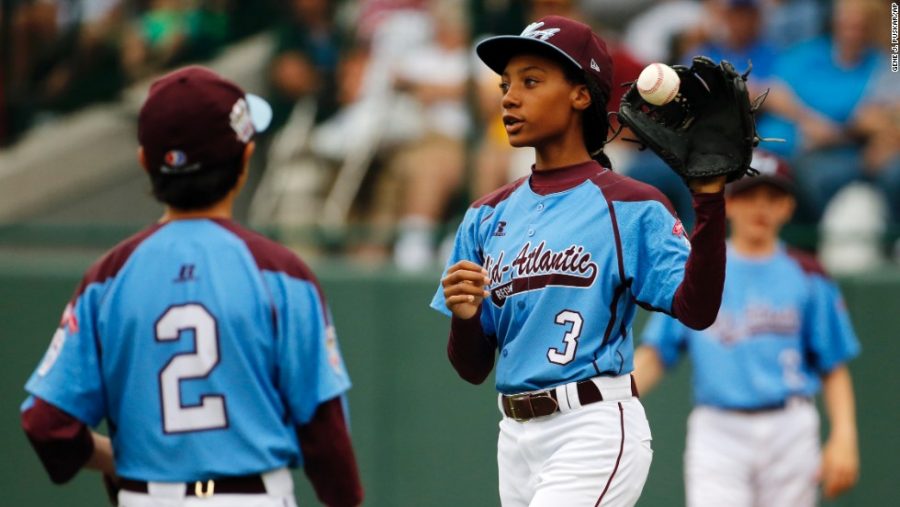


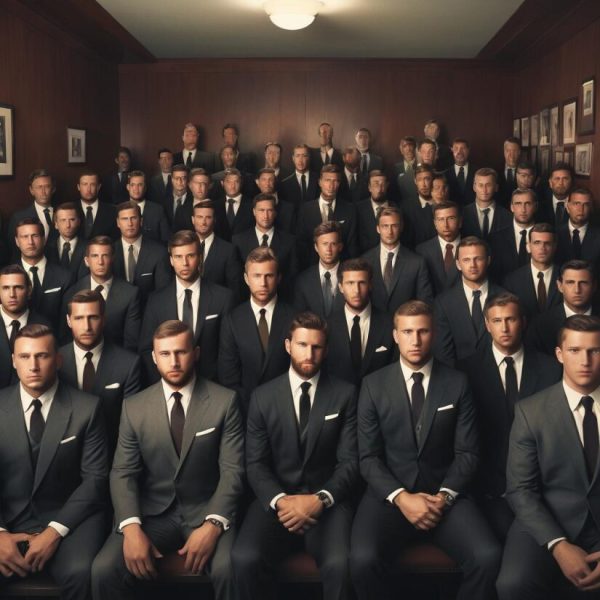

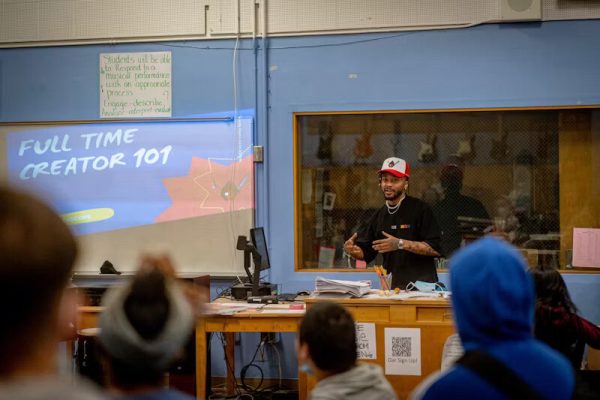
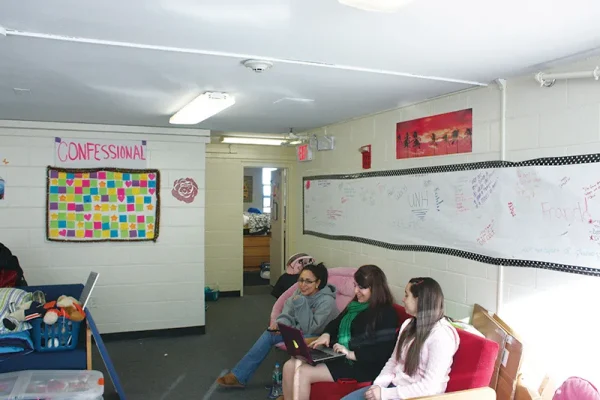

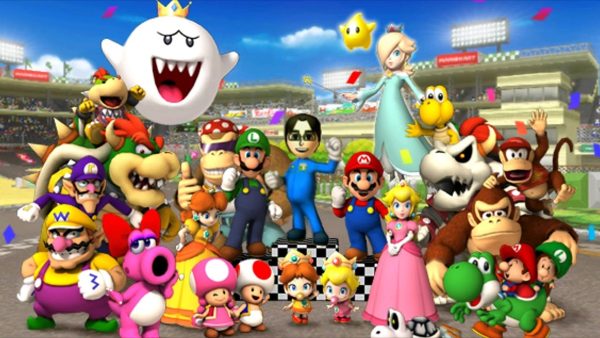

HENRY • Apr 6, 2017 at 6:23 pm
HENRYSBASEBALL ON http://WWW.YOUTUBE.COM 781 891 0621 NEED BASEBALL TALENT!42 YEARS SERVING B TALENT. SHE OR ANY GIRL CAN TRYOUT FOR OUR CLUB. WE WELCOME YOUR ATEDANCE.